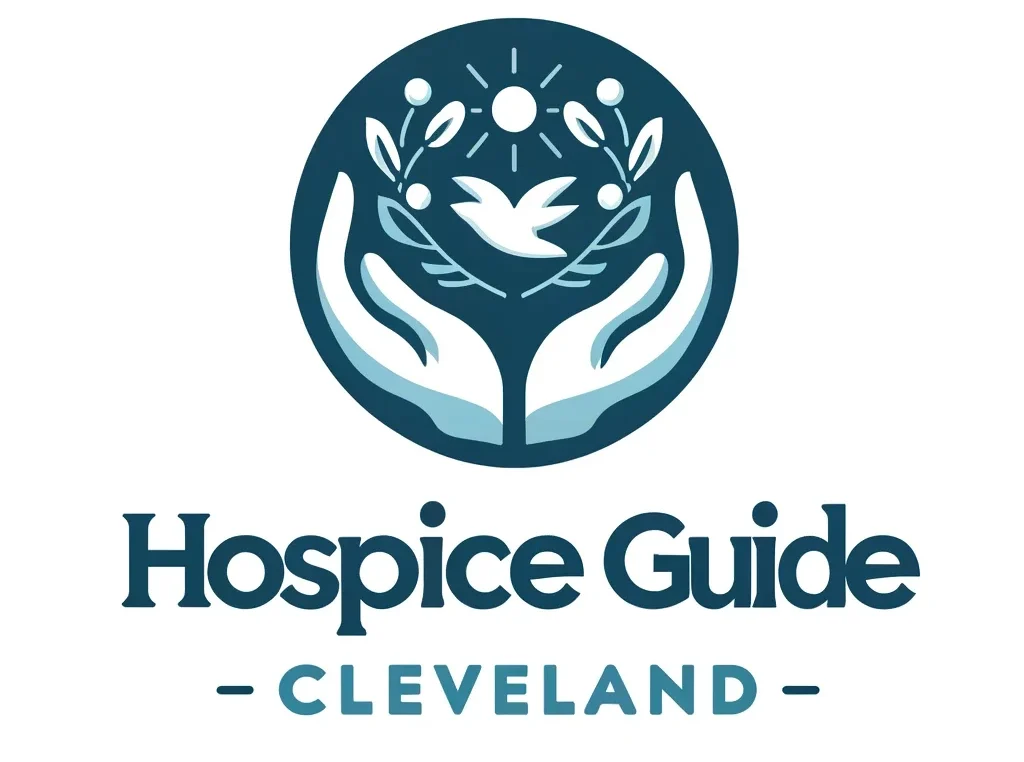Introduction
When we think of hospice care, the image that often comes to mind is one of end-of-life care. This perception leads many to ask: “Is hospice only for end of life?” While hospice is widely recognized for its role in providing compassionate care during the final stages of life, its scope extends far beyond this singular aspect. This article aims to dispel common misconceptions and shed light on the broader roles and services of hospice care.
Understanding Hospice Care
Hospice care is designed with the primary goal of providing comfort and quality of life to individuals with life-limiting illnesses. Contrary to popular belief, hospice care isn’t just for patients in the final days or weeks of life. Eligibility for hospice care is typically based on a prognosis of six months or less to live if the illness runs its normal course, but this does not preclude patients from receiving hospice care earlier in their illness journey.
The Misconception of Hospice as Only End-of-Life Care
The misconception that hospice is solely for end-of-life care is widespread. This belief may stem from a lack of awareness and understanding of the full spectrum of hospice services. In reality, hospice care can be a valuable resource at various stages of a life-limiting illness, not just at the end. Studies and healthcare experts consistently highlight the benefits of early hospice intervention, which often remains underutilized.
Broader Roles of Hospice Care
- Palliative Care Services: Hospice care offers palliative services, focusing on relief from symptoms and pain, which can be beneficial at any stage of an illness. These services aim to improve the quality of life for both the patient and their family.
- Family Support Services: Beyond patient care, hospice provides extensive support to family members, including counseling and respite care, to help them navigate the emotional and logistical challenges of their loved one’s illness.
- Holistic Care Approach: Hospice care adopts a holistic approach, addressing not just physical pain but also providing emotional, spiritual, and social support tailored to each patient’s needs and preferences.
Navigating Hospice Care Options
Discussing hospice care with healthcare professionals can open doors to comprehensive care options tailored to individual needs. When selecting a hospice program, it’s essential to consider factors such as the range of services offered, the approach to patient and family support, and the program’s reputation.
Conclusion
Hospice care is more than just an end-of-life service. It’s a comprehensive approach to care that can significantly benefit patients and their families at various stages of a life-limiting illness. Understanding and accessing hospice care earlier can improve quality of life and provide much-needed support.
Additional Resources
For more information on hospice care, visit National Library of Medicine or Hospice Foundation of America.
